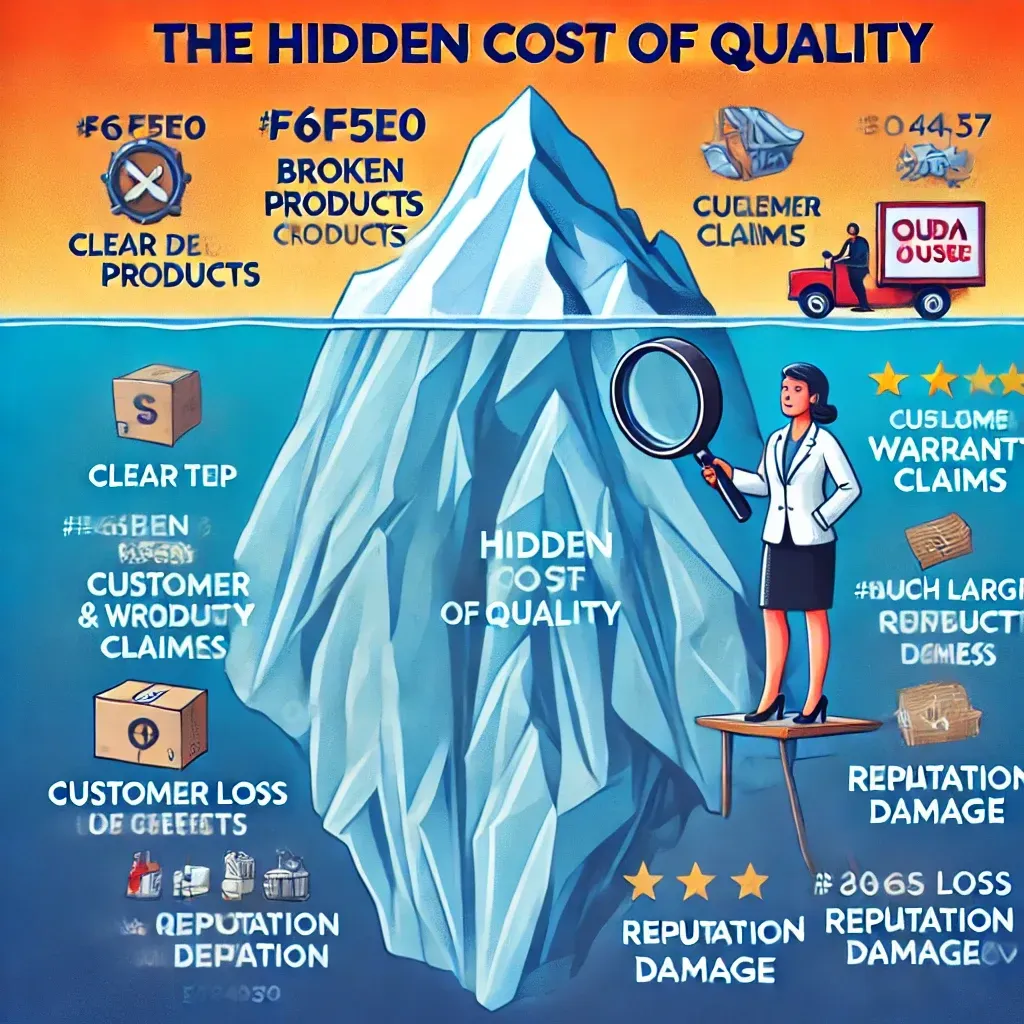Understanding the Importance of FDA Food Facility Registration
Table of Contents:
Introduction:
The registration of a food facility in the U.S. Food and Drug Administration (FDA) database is a critical step for any business involved in the food supply chain. This process, mandated by U.S. law, ensures the safety, security, and regulatory compliance of facilities that manufacture, process, pack, or hold food products. This blog post delves into the significance of FDA registration, exploring its legal basis, requirements, and implications for food facilities.
Legal Basis for FDA Registration:
Bioterrorism Act of 2002 and FDA Registration
- The Bioterrorism Act of 2002: In response to heightened concerns about bioterrorism, the Public Health Security and Bioterrorism Preparedness and Response Act of 2002 mandated that all food facilities register with the FDA. This act aimed to protect the public from potential terrorist attacks on the U.S. food supply and other food-related emergencies. The regulations established under this act require food facilities to register and provide advance notice on shipments of imported food, which became effective on December 12, 2003.
Renewal and Oversight Under FSMA
- FDA Food Safety Modernization Act (FSMA): Enacted on January 4, 2011, the FSMA amended section 415 of the Federal Food, Drug, and Cosmetic Act (FD&C Act). This amendment expanded the registration requirements for food facilities. Facilities engaged in manufacturing, processing, packing, or holding food for U.S. consumption must now submit additional information during registration. This includes an assurance that the FDA can inspect the facility as permitted by the FD&C Act. The FSMA also requires food facilities to renew their registrations biennially and grants the FDA authority to suspend registrations under specific circumstances
- https://www.fda.gov/food/guidance-regulation-food-and-dietary-supplements/registration-food-facilities-and-other-submissions
Why is FDA Registration Crucial?
- Ensuring Food Safety: The primary purpose of FDA registration is to ensure that food products are safe for consumption. By registering with the FDA, facilities agree to adhere to strict food safety standards and practices, reducing the risk of foodborne illnesses and ensuring public health.
- Regulatory Compliance: Registration is a legal requirement for food facilities operating in the United States. Failing to register or maintain a valid registration can lead to serious legal consequences, including civil action and potential suspension of operations. https://content.ces.ncsu.edu/fda-food-processing-facility-registration#:~:text=The%20Food%20and%20Drug%20Administration,will%20enter%20into%20interstate%20commerce
- Facility Inspection and Oversight: Through registration, the FDA gains the ability to inspect facilities, ensuring they comply with food safety regulations. This oversight is crucial in preventing and addressing any food safety issues that may arise.
- Market Access and Consumer Trust: A valid FDA registration is often required by retailers and distributors before they agree to carry a product. It assures them and the consumers that the food product meets the required safety standards, thereby building trust and facilitating market access.
How to Register with the FDA?
Food facilities must register with the FDA before starting their operations. This process involves submitting detailed information about the facility, its operations, and the types of food it handles. Facilities must update their registration every other year, and any changes in the facility or its operations must be promptly reported to the FDA.
- https://www.fda.gov/food/guidance-regulation-food-and-dietary-supplements/registration-food-facilities-and-other-submissions#:~:text=Section%20415%20of%20the%20FD%26C,and%20provides%20FDA%20with%20authority
Conclusion:
Registering a food facility with the FDA is a non-negotiable aspect of operating within the U.S. food industry. It's not just a legal requirement but a commitment to food safety and public health. Understanding and adhering to these regulations are essential for any food business to thrive and maintain consumer confidence in their products.








Contact Us
תודה רבה, הטופס נשלח בהצלחה
אירעה שגיאה בהזנת הפרטים, אנא נסו שנית
פרטי התקשרות
רחוב - הכלנית 26, כפר סבא
טלפון - 054-2277887
פקס - 09-7770139
מייל - ronit@ronitsadeh.com

האתר נבנה ועוצב ע"י חברת קודנט בניית אתרים לעסקים | קידום אורגני


